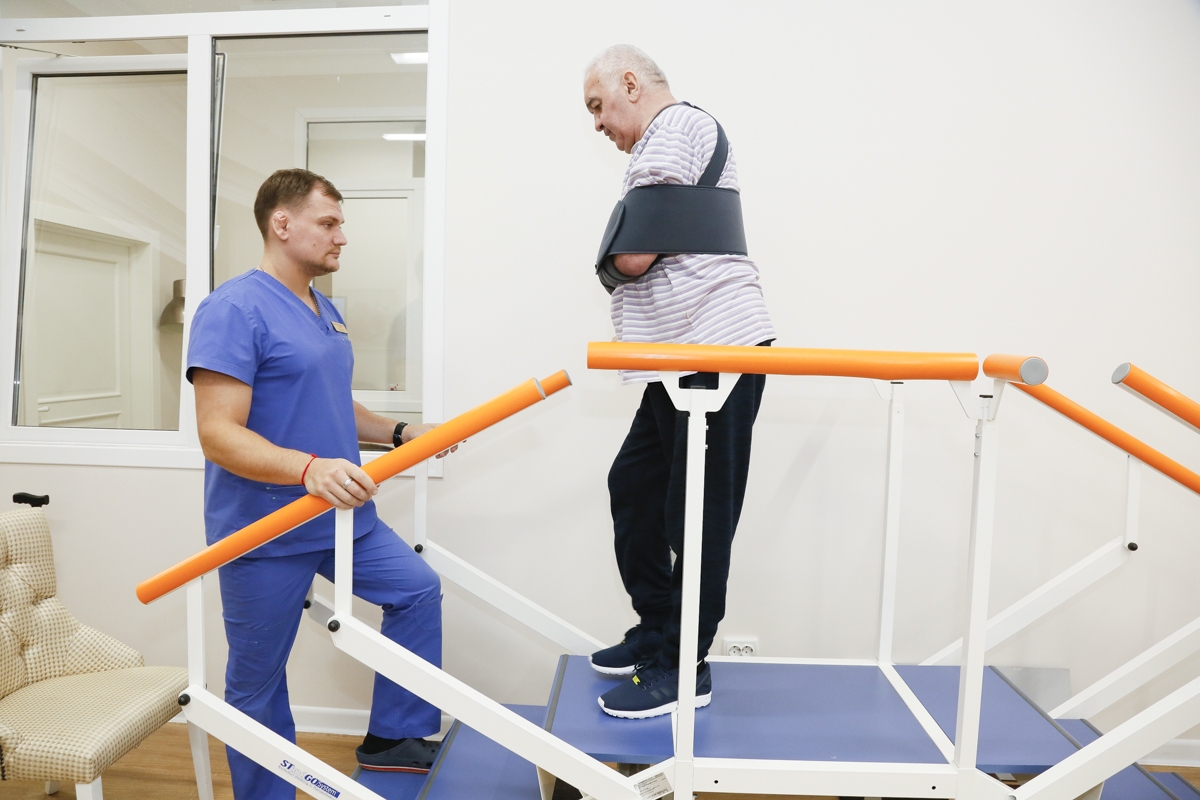Military duty can have long-term repercussions on one’s health, both psychologically and physically. Many veterans, regardless of age, may have difficulty doing daily duties owing to severe injuries received during their service. These chores, known as activities of daily living (ADLs), include vital behaviors such as eating, bathing, dressing, toileting, mobility, transferring, and more, which can be especially difficult for people with disabilities.
Caring for veterans at home necessitates resiliency and adaptation from family caregivers. Daily obligations for providing necessary support, such as domestic tasks and personal care, can be emotionally stressful. Non-medical home care services for veterans can help tremendously in this situation.
Professional caregivers provide companion care and specialized support that is targeted to the specific requirements of veterans. Home care assistants help veterans receive the quality care they deserve by handling domestic duties such as cooking and errands, as well as aiding with bathing, personal hygiene, and mobility.
Aid and Attendance, a lesser-known VA pension, provides critical assistance to veterans and their spouses who need home care, residential care, or assisted living. This tax-free benefit, with no payback requirements, is frequently neglected despite its enormous benefits. Eligibility is based on the veteran’s service during particular wartime years as established by Congress. To be eligible, veterans must have served at least 90 days on active duty, including one day during one of the approved wartime eras.
Another important military condition is the veteran’s discharge status, which must be honorable or anything other than disgraceful. When most veterans leave the service, they receive an honorable discharge. Other discharge classifications include general discharge, entry-level separation, medical discharge, other than honorable discharge, bad conduct discharge, dishonorable discharge, and dismissal for officers.
The veteran must also require assistance with activities of daily living, which include bathing, clothing, movement, toileting, and eating. A physician’s certification affirming the necessity of this care is required.
Bathing aid may include standby support to prevent falls or direct physical assistance as needed. Veterans who require mobility assistance often need help standing, sitting, entering or exiting a vehicle, and managing stairs. Help with eating consists of feeding aid, such as cutting food into manageable bits, rather than meal preparation.
It’s heartbreaking to see elders trying to preserve their independence at home, particularly those who have heroically served our country. Many veterans, particularly those with impairments, experience financial difficulties, struggling to make ends meet despite their pensions, disability benefits, and limited wages.
When caring for a veteran who is terminally ill or nearing the end of life, hospice care stands out as a thoughtful and compassionate choice. Unlike curative care, which seeks to prolong life, hospice care focuses on improving quality of life during this critical period. Hospice care ensures that patients receive the assistance they require in their final stages of life by stressing comfort and dignity.
As soldiers age, they may experience emotions of lethargy, despair, and hopelessness, which, if not treated, can lead to depression. Prolonged emotional discomfort can cause significant changes in behavior and view on life, affecting both mental and physical well-being. However, hospice care provides veterans with the support, care, and therapy they require to properly handle these obstacles.
Despite the inherent difficulties, family caregivers approach their work with unflinching dedication, deriving strength from the bonds of love and shared experiences that bind them. Supporting a military family member on their journey involves not just physical help, but also emotional understanding and patience. Family caregivers provide stability and comfort, acting as pillars of support during tough times. Their commitment and devotion are evident as they handle the ups and downs of caring with unflinching grace and compassion.
The caregiving path for military family members demonstrates the strength and devotion of families that go above and beyond to give compassionate care. From scheduling medical appointments to providing companionship and emotional support, family caregivers exemplify the actual spirit of caregiving, exhibiting steadfast commitment and sacrifice in their noble profession.
Caring for veteran family members entails a wide range of obligations and problems, necessitating a diverse approach. Family caregivers frequently find themselves navigating complex healthcare systems, advocating for their loved ones’ needs, and giving physical and emotional care. Caregivers must be flexible and adaptable in order to balance their personal life with the demands of caring, which sometimes involves balancing many duties. Caregivers must also be aware of veterans’ specific needs and experiences, such as potential physical and mental health difficulties related to their service. Despite the hardships, the caring experience builds strong relationships of love, resilience, and solidarity among family members. Through unrelenting devotion and sacrifice, family caregivers play an important role in preserving the well-being and quality of life of their veteran loved ones.

